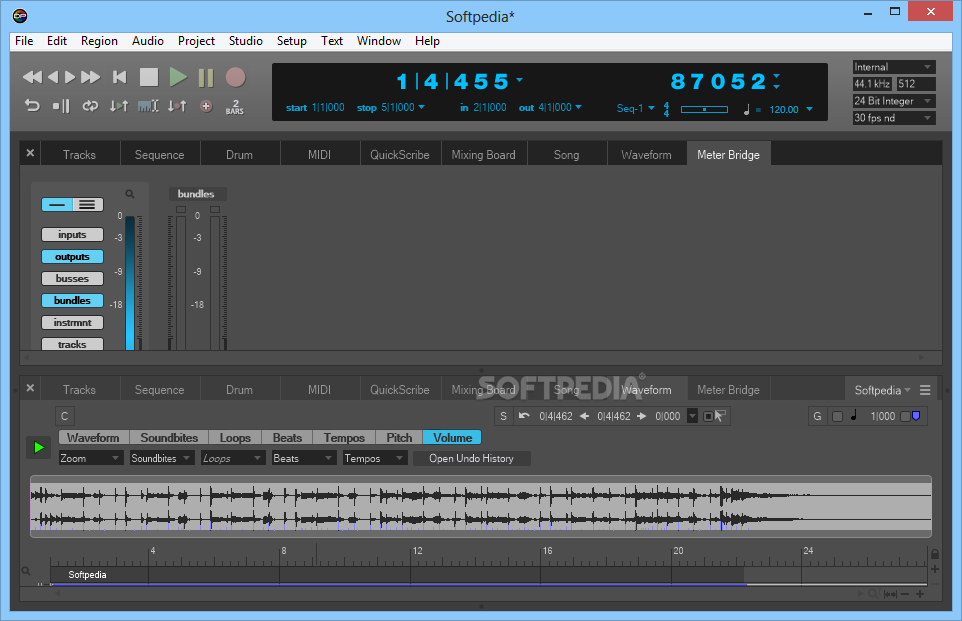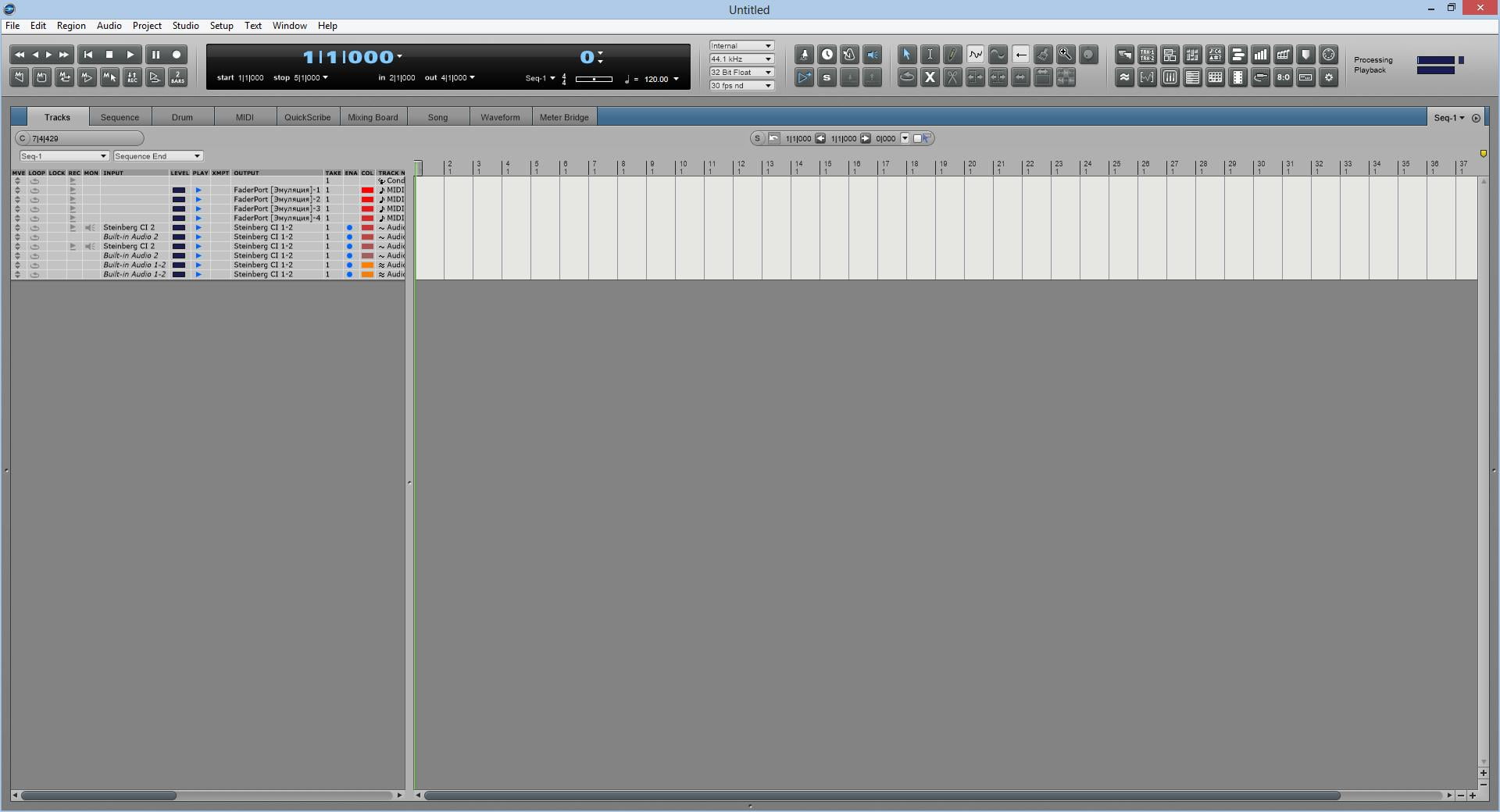


But I personally have no problem with software activations as long as they work reliably and are easy to perform. Apple Logic Pro and the PC-based Cakewalk SONAR still lead in that they don't require copy protection at all. This is far preferable to Steinberg's copy protection scheme for Cubase 7, which uses a proprietary eLicenser dongle, or Avid's for Pro Tools 10, which relies on the more common but still frustrating iLok key-both of which take up one of the two precious USB ports on all Mac laptops. Install and activate DP8 on a third machine, and it doesn't fight you it just deactivates the first one. On the software side, MOTU gives you two activations, so you can use the program on, say, a desktop and a laptop. Part of the reason for that is that the program still lacks key virtual instrument plug-ins (more on that later).įortunately, there's no hardware-based copy protection. Digital Performer installs very quickly, as it takes up just 1.7GB of hard disk space. System Requirements and Plug-in Formats For this review, I tested Digital Performer 8 on two machines: a quad-core Mac Pro (2009) running OS X Lion, and a quad-core MacBook Pro 15-inch (2012) running OS X Mountain Lion. On the Mac, at least, I've been using Digital Performer on and off for over 20 years, with my first experience being with the MIDI-only Performer in a college music lab on a Mac IIsi this latest version is a true pleasure to work with. When MOTU introduced version 8 last October, the company announced a PC version for the first time, and it's now finally becoming available. In the digital audio-enabled version's eighth iteration ($499 list), MOTU's flagship DAW remains a premier tool for MIDI composition and film scoring, and it contains enough audio-editing tools to serve as a solid all-around multitrack recorder. If there's a single digital audio workstation package that's more closely associated with the Mac than any other, it's MOTU's Digital Performer.


 0 kommentar(er)
0 kommentar(er)
